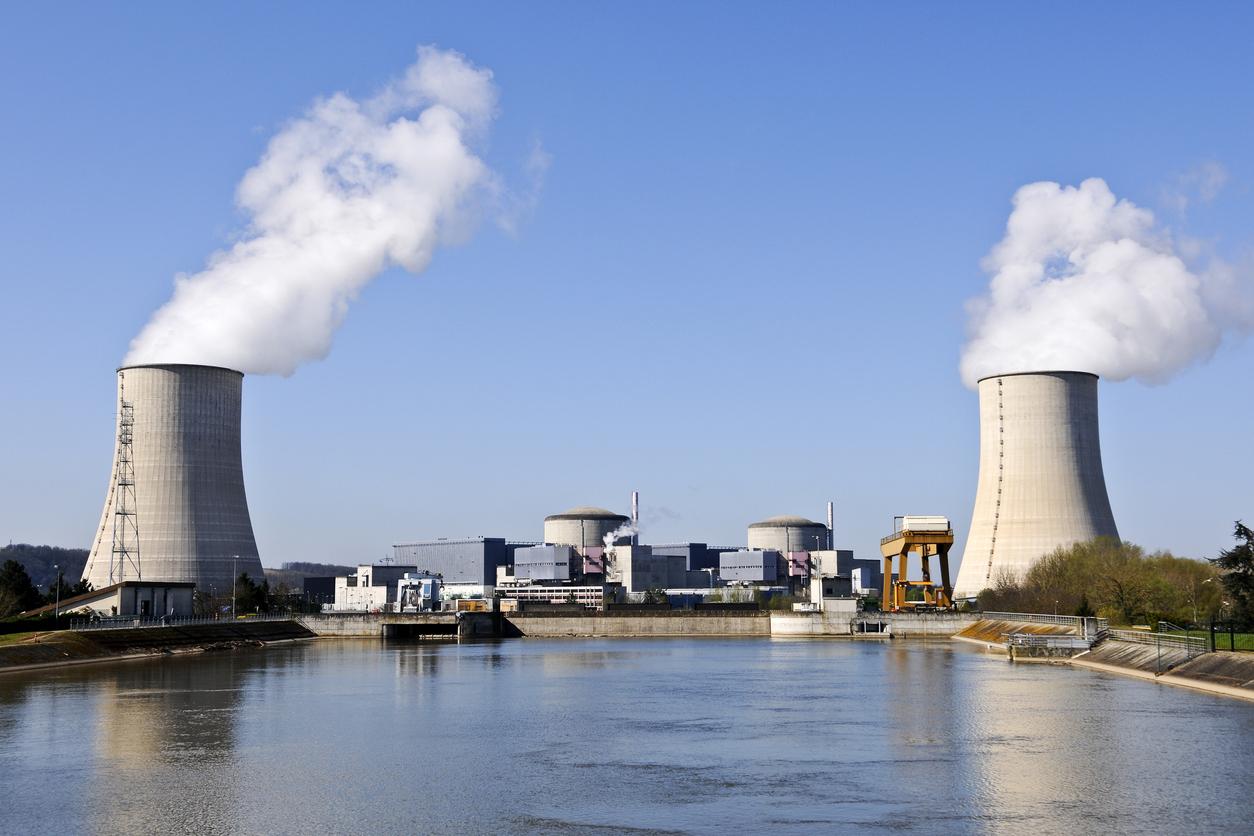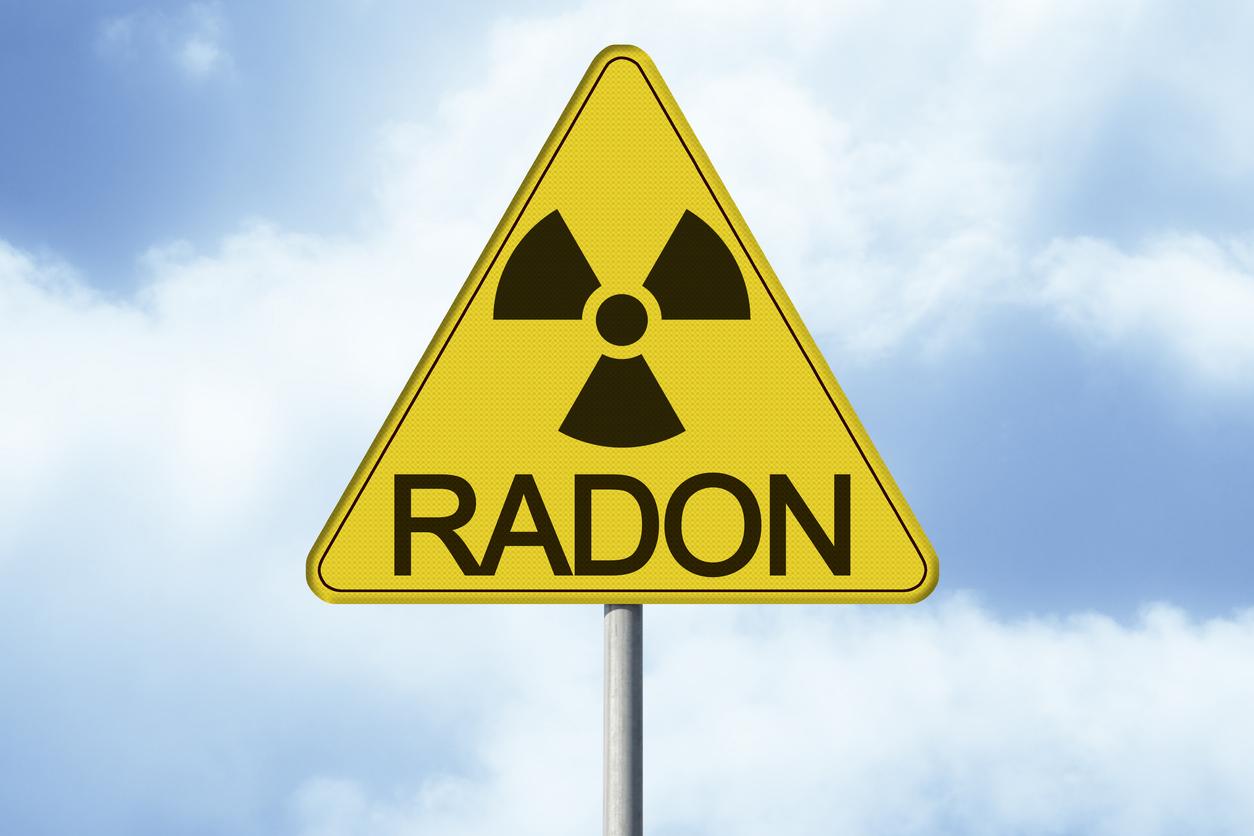April 13, 2001 – Major epidemiological research has just quantified what has already been observed: children who have survived cancer are at greater risk of developing new cancer in early adulthood. The research was conducted by the University of Minnesota on 13,581 children and adolescents treated for cancer at 25 hospitals in Canada and the United States. Of these, 298 contracted new cancer diagnosed, on average, 12 years after the onset of their first illness. Concretely, a survivor has a 3% risk of contracting cancer in early adulthood, which is six times more than the normal population of the same age.
It is possible that the genetic factors responsible for the onset of the first cancer are again to blame, but researchers believe that chemotherapy and radiation therapy must first be blamed. The problem is that very aggressive therapy is essential for children with cancer, in whom relapse is usually fatal. For the past fifteen years, however, attempts have been made to reduce the toxicity of the treatments intended for them, and radiotherapy is used half as much. But specialists recognize that more research is needed to further reduce the negative impact of anti-cancer treatments on children.
In the subjects of the study, the new cancers mainly affect the breast, then the thyroid and the brain. In the case of breast cancer, its prevalence is 19 times greater than in the normal population of the same age. This data leads the researchers to recommend that young women who have undergone radiotherapy treatment to the chest begin to be tested by mammography at the age of 25 years. The victims of Hodgkin’s disease have experienced the highest rate of new cancers: 8% of them have been affected.
The research (not yet published) was carried out under the direction of Dr. Joseph Neglia, author of several previous studies on the subject, and presented at a recent conference of the American Association for Cancer Research.
HealthPassport.net
According to Associated Press, March 28, 2001

















